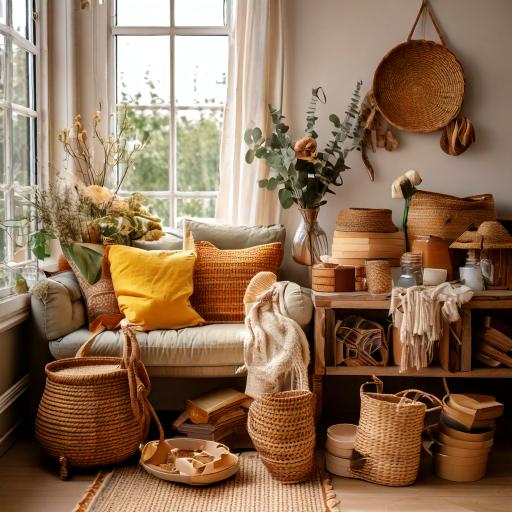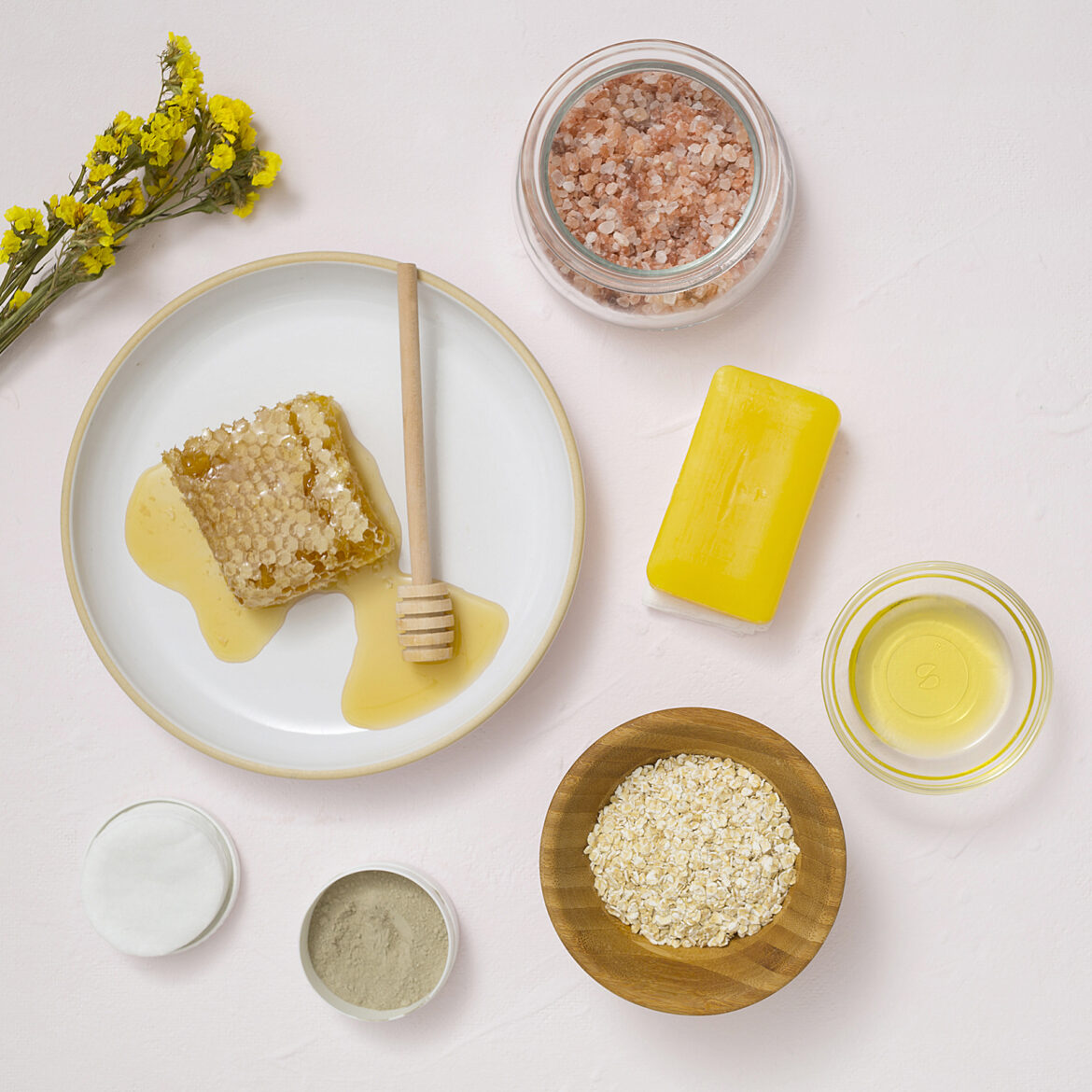Sustainable Living: How to Reduce Waste at Home Without Breaking the Bank
Sustainable living is more than a trend—it’s a practical approach to reducing waste and conserving resources. The good news? You don’t need to spend a fortune to make an impact. Here’s how you can embrace sustainable living and cut down on waste without breaking the bank.

What Is Sustainable Living and Why Does It Matter?
Sustainable living focuses on reducing waste, conserving natural resources, and making eco-friendly choices in daily life. Small changes can lead to a significant impact on both the environment and your budget.
Reduce Single-Use Waste with Reusable Alternatives
One of the easiest ways to embrace sustainable living is by replacing disposable items with reusable options.
Switch to Reusable Bags and Containers
- Carry cloth grocery bags instead of plastic ones.
- Store food in glass or stainless steel containers rather than plastic wrap.
- Use silicone or beeswax wraps instead of aluminum foil.
Say Goodbye to Disposable Bottles and Cups
- Invest in a durable water bottle and refill it instead of buying bottled water.
- Bring a reusable coffee cup to your favorite café.
- Opt for metal or bamboo straws instead of plastic.
Compost Kitchen Waste for a Greener Home
Food scraps account for a large portion of household waste. Instead of tossing them in the trash, compost them to create nutrient-rich soil.
How to Start Composting at Home
- Collect fruit and vegetable peels, eggshells, and coffee grounds in a compost bin.
- If you don’t have space for a compost pile, try a countertop composting system.
- Use compost to enrich your garden or donate it to local community gardens.
Shop Smart to Reduce Packaging Waste
Many products come with excessive packaging that ends up in landfills. Shopping smarter helps minimize waste.
Buy in Bulk to Cut Down on Plastic
- Bring your own containers to bulk food stores for items like grains, nuts, and spices.
- Choose products with minimal or biodegradable packaging.
- Support brands committed to sustainable packaging solutions.

Repair Instead of Replace
Torn clothing, broken furniture, and malfunctioning electronics don’t always need to be thrown away. Learning basic repair skills can extend the life of many household items.
Easy Fixes for Common Household Items
- Sew small tears in clothing instead of discarding them.
- Repair wooden furniture with sandpaper and wood glue.
- Fix minor electronic issues rather than replacing entire devices.
Upcycle and Repurpose to Reduce Waste
Instead of throwing things away, consider giving them a new purpose.
Creative Ways to Upcycle Household Items
- Turn old T-shirts into cleaning rags or tote bags.
- Use glass jars for storing pantry essentials like rice and pasta.
- Repurpose wooden pallets into furniture or shelving units.
Make Your Own Cleaning Products
Store-bought cleaning supplies often contain harsh chemicals and come in plastic packaging. Homemade cleaners are cost-effective and eco-friendly.
DIY Natural Cleaning Recipes
- Mix vinegar and baking soda to clean kitchen surfaces.
- Use lemon and water to freshen up your microwave.
- Combine castile soap with essential oils for an all-purpose cleaner.
Donate or Swap Items You No Longer Need
Instead of throwing unwanted items away, donate them to someone who can use them.
Where to Donate or Swap Items
- Give gently used clothes to local charities or shelters.
- Join online swap groups or neighborhood exchange programs.
- Host a clothing or furniture swap event with friends.
Grow Your Own Food for a More Sustainable Lifestyle
Even small-scale gardening can reduce food waste and encourage sustainable living.
Easy Crops to Start Growing
- Herbs: Basil, mint, and parsley grow well indoors.
- Leafy Greens: Lettuce and spinach thrive in small spaces.
- Root Vegetables: Carrots and radishes are simple to grow in containers.
Choose Secondhand Over New
Buying secondhand reduces waste and saves money.
Best Places to Find Secondhand Items
- Thrift stores for clothes, books, and home decor.
- Online marketplaces for furniture and electronics.
- Vintage shops for unique, high-quality finds.
Educate Yourself and Others About Sustainable Living
Knowledge is a powerful tool in reducing waste.
How to Spread Awareness
- Share sustainable living tips with friends and family.
- Follow eco-friendly blogs and social media accounts for inspiration.
- Participate in community clean-up or recycling programs.
Start Your Sustainable Living Journey Today
Sustainable living isn’t about perfection—it’s about making small, consistent choices that add up over time. By following these waste-reducing strategies, you’ll create a more eco-friendly home while saving money and contributing to a healthier planet.
By keeping sustainable living at the forefront of your daily habits, you can make a real impact—one step at a time.










